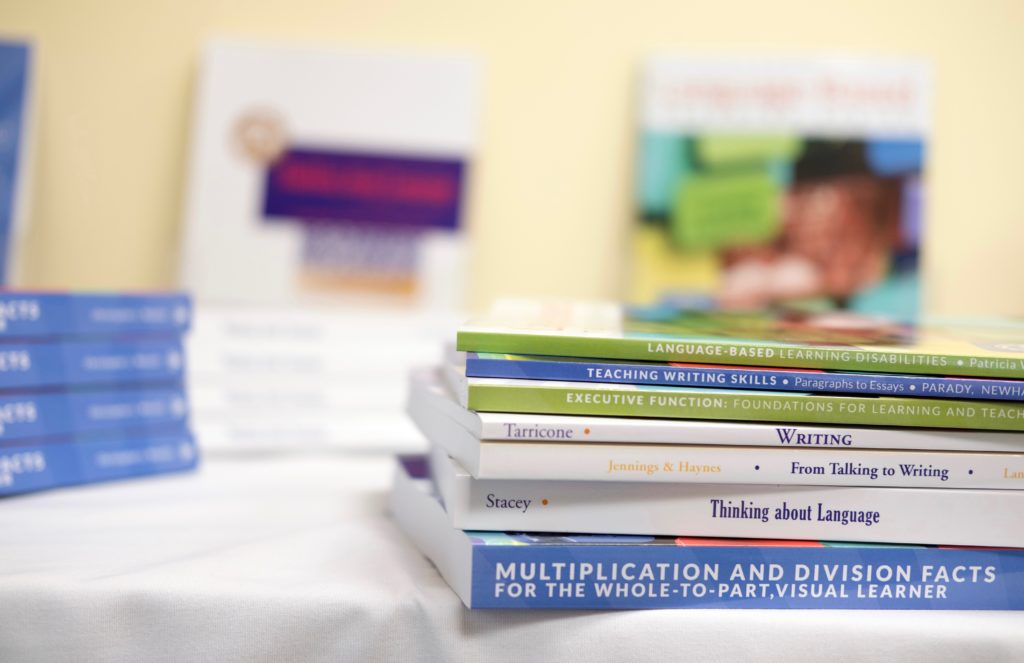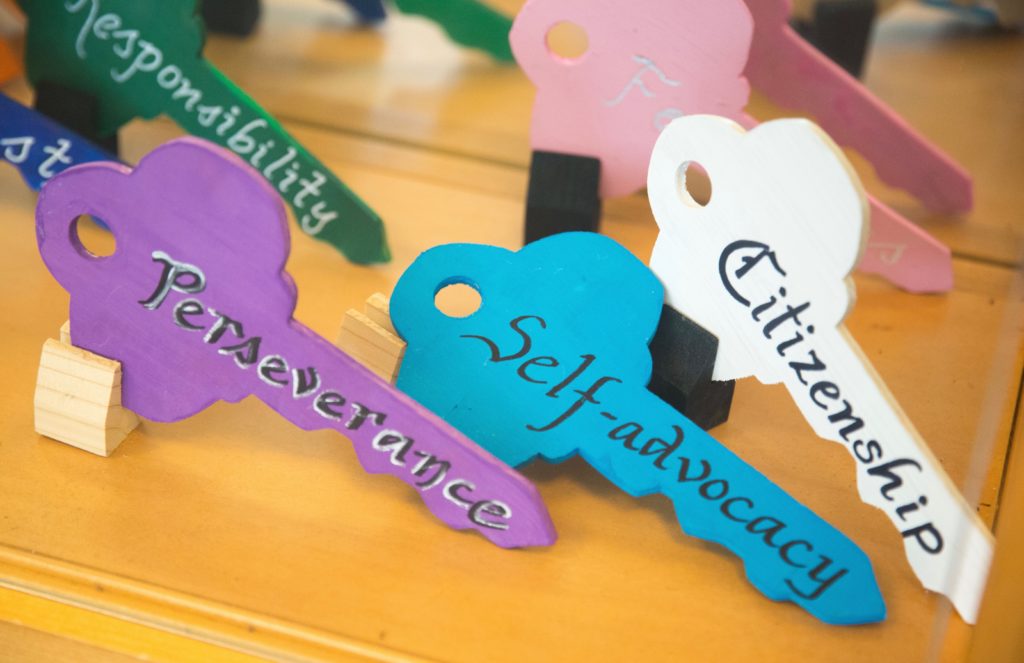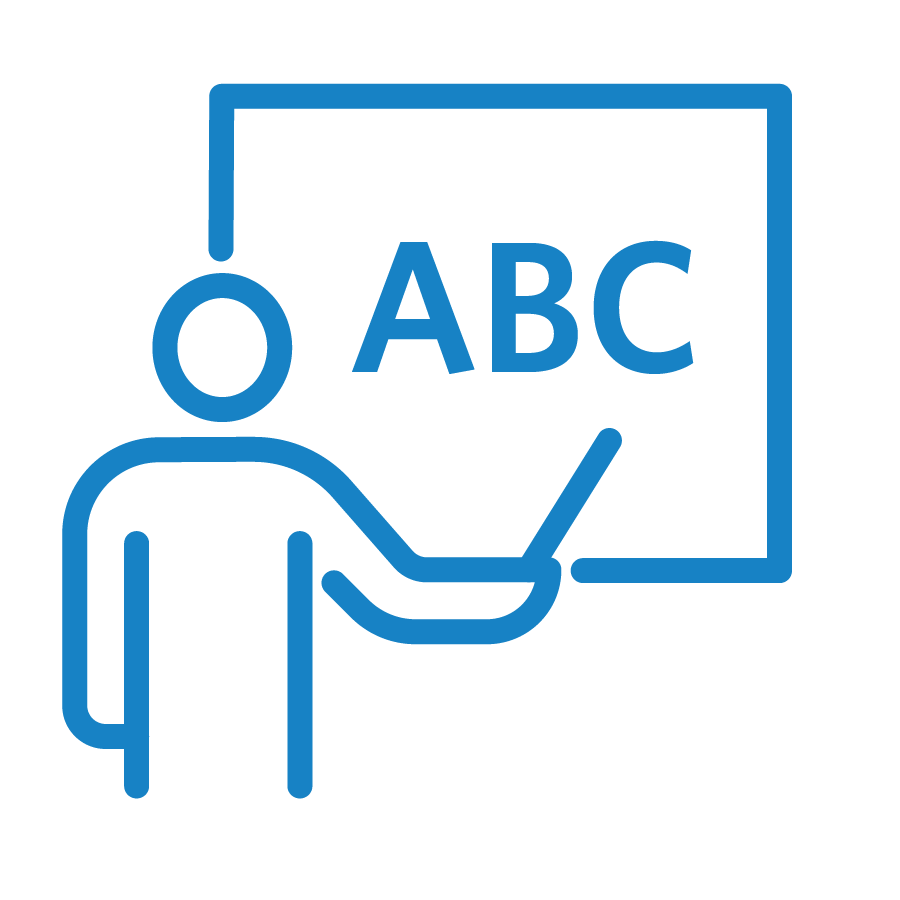Filter resources by:
Select a filter from the drop down menu to apply the filter. Page reloads upon selection

Feb 8, 2017
Landmark’s Six Teaching Principles™
Teaching Principle #1: Provide Opportunities for Success Providing students with opportunities for success is key. Failure and poor self-esteem often result when teachers challenge students beyond their ability. Landmark begins teaching students at their current level of ability. This approach improves basic skills and enhances confidence. As Landmark teachers introduce each new skill, they provide
Read Strategy
Sep 13, 2016
Lesson Planning Strategies
Strong lesson planning strategies are the cornerstone of good teaching. Many of our resources have focused on working memory and processing speed under the umbrella of Executive Function. Within those two topics, the role of anxiety and the fundamentals of Cognitive Load Theory have also been introduced. Executive Function: Dr. Thomas E. Brown’s article explores
Read Strategy
Sep 7, 2016
Cognitive Load Theory
What is Cognitive Load Theory? Cognitive Load Theory (CLT) supports the idea that students can learn only if their mental capacity is not overloaded. In relation to this theory, it is important to be aware of the amount of information a student is asked to learn. When an overload occurs, there is often an increase in
Read Strategy
Sep 5, 2016
Processing Speed: Classroom Strategies
Slow processing speed can impact student performance in the classroom. Processing speed is simply the speed at which someone does something. It involves the ability to perceive information (auditory or visual), understand that information, and then formulate a response, whether oral, written, or physical. This process can be cumbersome, as it takes larger amounts of
Read Strategy
Sep 2, 2016
Working Memory and Anxiety
How Does Anxiety Impact Working Memory? Based on the above information, students with working memory deficits experience anxiety within the classroom because of their inability to keep up in general. In addition, high anxiety puts demands on your working memory. “Your emotional state can play a role in working memory performance, which can in turn
Read Strategy
Sep 2, 2016
Understanding Processing Speed
There are three main components when considering processing abilities: visual processing: how quickly our eyes perceive information and relay it to the brain (such as reading directions) verbal processing: how quickly we hear a stimulus and react to it (such as following oral instructions) motor speed: fine motor agility (academic fluency such as timed math worksheets) How
Read Strategy
Aug 30, 2016
Collaborative Strategic Reading: Small Group Work
Small Group Work Oftentimes, the teacher can utilize or adapt this concept of CSR to meet the needs of small group collaboration. By designating groups of four throughout the classroom, the teacher is setting the class up to engage in their own Collaborative Strategic Reading (this could be done in pairs as well). Once in
Read Strategy
Aug 29, 2016
Collaborative Strategic Reading: Wrap-Up
The final stage of Collaborative Strategic Reading (CSR) is wrap-up, which centers on reviewing. This is typically the stage where the class summarizes the points of the lesson, and the teacher forms assessments of the students’ understanding. In order to do this, the teacher must have determined what information the students are required to remember and
Read Strategy
Aug 27, 2016
Collaborative Strategic Reading: Get the Gist
Continuing with Collaborative Strategic Reading (CSR), this resource will examine the third step in the process: get the gist. While preview occurs before reading, both click & clunk and get the gist occur during reading. Essentially, get the gist refers to understanding the material and being able to identify who or what the reading is about (the topic) as well as
Read Strategy